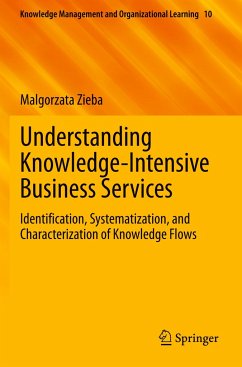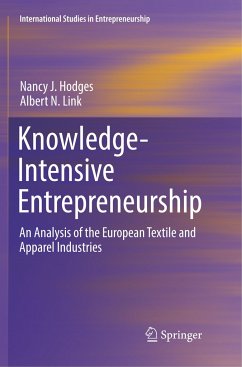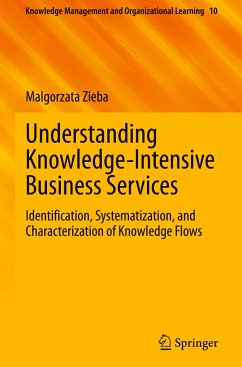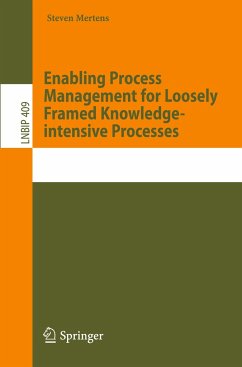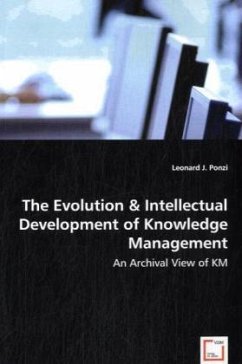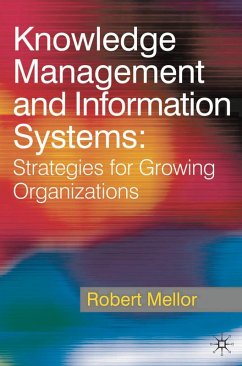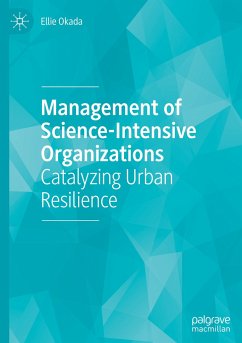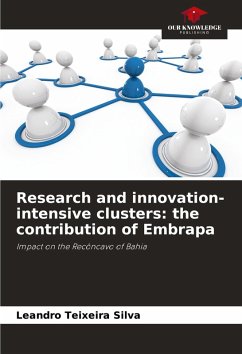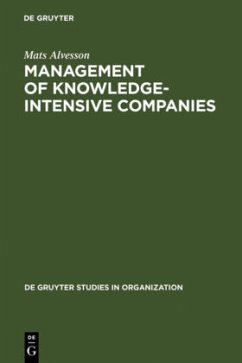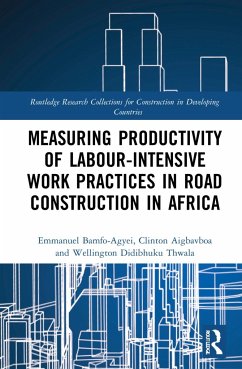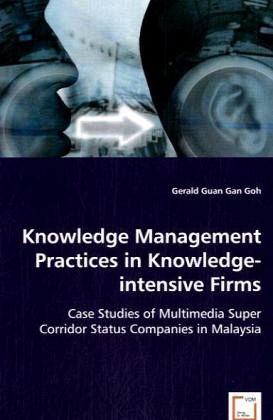
Knowledge Management Practices in Knowledge-intensive Firms
Case Studies of Multimedia Super Corridor Status Companies in Malaysia
Versandkostenfrei!
Versandfertig in 6-10 Tagen
39,99 €
inkl. MwSt.

PAYBACK Punkte
20 °P sammeln!
Over the turn of the millennium, knowledge is increasingly being recognised as an important asset in organisations. Despite this, many organisations are not doing enough to effectively manage knowledge for its competitive advantage. Moreover, little is known about the current levels of knowledge management practice within the Malaysian context, in particular amongst the knowledge-intensive Multimedia Super Corridor status firms. This book investigates the knowledge management practices in knowledge-intensive firms utilising qualitative multiple case studies operating within a critical realism ...
Over the turn of the millennium, knowledge is increasingly being recognised as an important asset in organisations. Despite this, many organisations are not doing enough to effectively manage knowledge for its competitive advantage. Moreover, little is known about the current levels of knowledge management practice within the Malaysian context, in particular amongst the knowledge-intensive Multimedia Super Corridor status firms. This book investigates the knowledge management practices in knowledge-intensive firms utilising qualitative multiple case studies operating within a critical realism research paradigm. This book presents ten key facilitators and inhibitors that affect knowledge management practices. This book also discusses how socialisation, externalisation, combination and internalisation are being used to share and create knowledge. In addition, knowledge management is found to positively affect the organisations? performance. This book sheds light on the practice of knowledge management in knowledge-intensive firms and is useful to professionals in business, information systems and knowledge management.



